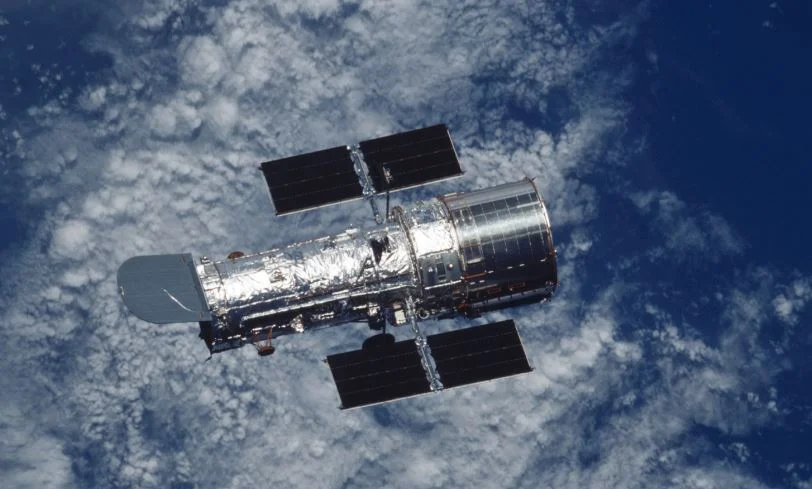The vast expanse of the cosmos, with its galaxies, nebulas, and celestial wonders, has been a source of fascination for humanity throughout the ages. In the pursuit of understanding the mysteries of the universe, the Hubble Space Telescope stands as a beacon of scientific achievement. Let’s embark on a cosmic journey as we unravel the history of the Hubble Space Telescope, its impact on astronomy,
Origins of the Hubble Space Telescope
Visionaries and the Birth of Hubble
Explore the visionaries behind the conception of the Hubble Space Telescope and the collaborative efforts of NASA and the European Space Agency (ESA) to turn this vision into reality. Learn about the technological challenges faced during its development.
Launch and Deployment
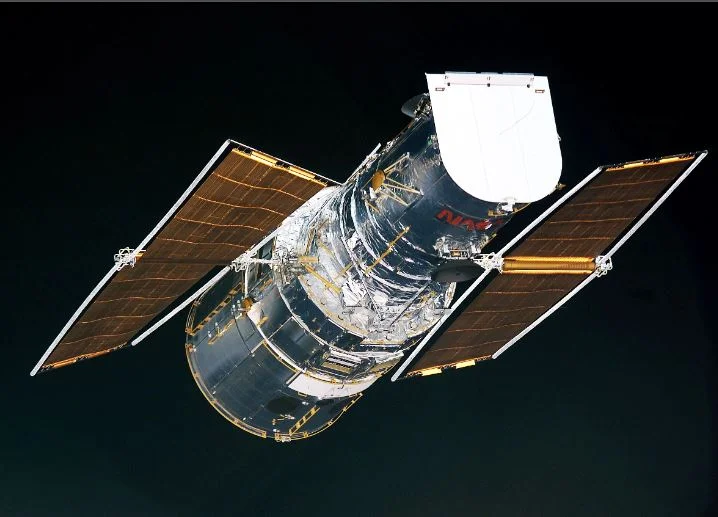
Get into the historic launch of the Hubble Space Telescope aboard the Space Shuttle Discovery in 1990. Uncover the meticulous planning and execution that led to its successful deployment into orbit.
The Telescope’s Technological Marvels
Optics and Imaging Capabilities
Understand the groundbreaking optics and imaging capabilities that set the Hubble apart. From its precise mirrors to the advanced instruments, discover how these technologies enable astronomers to capture breathtaking views of the cosmos.
Servicing Missions
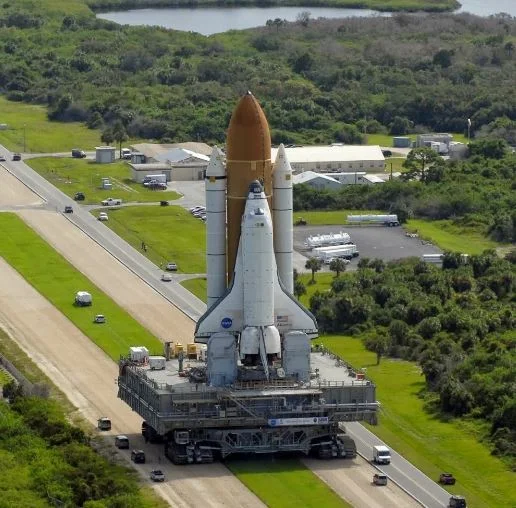
Learn about the daring servicing missions conducted by space shuttle crews to upgrade and repair the Hubble. Explore the challenges faced during these missions and the triumphs that extended the telescope’s operational life.
Contributions to Astronomy
Deep Field Observations
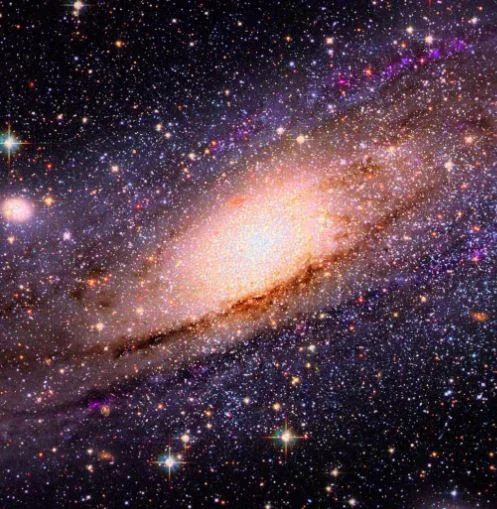
Unveil the significance of the Hubble Deep Field observations, where the telescope focused on seemingly empty regions of space, revealing a tapestry of galaxies. Understand how this changed our understanding of the universe’s vastness.
Key Discoveries and Revelations
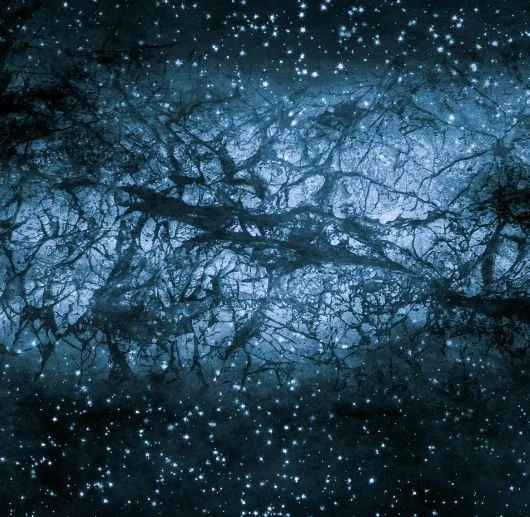
Highlight some of the key discoveries facilitated by the Hubble, including the measurement of the rate of the universe’s expansion, the identification of exoplanets, and the understanding of dark matter and dark energy.
FAQs about the Hubble Space Telescope
Q: How far can the Hubble Space Telescope see?
A: The Hubble can observe objects billions of light-years away, providing a glimpse into the early stages of the universe.
Q: Can the Hubble telescope see planets in our solar system?
A: Yes, the Hubble has been used to observe planets in our solar system, capturing detailed images and studying atmospheric conditions.
The Legacy and Future of Hubble
Public Engagement and Education
Examine the role of the Hubble in public engagement and education. Understand how its stunning images captivated audiences worldwide and inspired future generations of scientists and astronomers.
The Next Frontier: James Webb Space Telescope
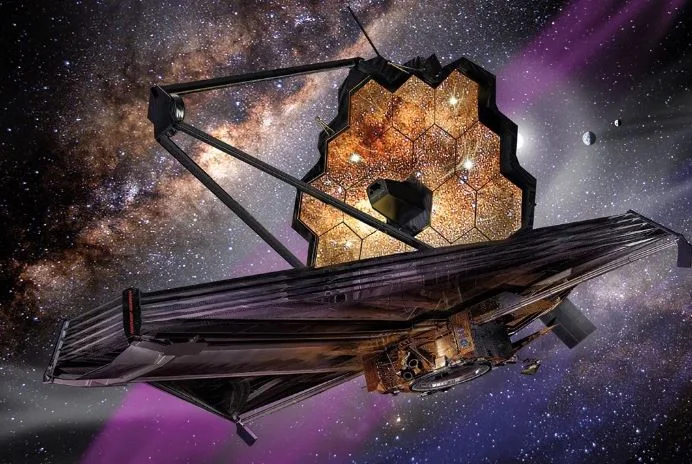
Look ahead to the future with the impending launch of the James Webb Space Telescope. Explore how this successor to Hubble aims to push the boundaries of observational astronomy.
Conclusion: Beyond the Stars
As we conclude our exploration of the Hubble Space Telescope, we find ourselves gazing not just at the stars but into the very fabric of space and time. The Hubble’s legacy transcends scientific discovery, leaving an indelible mark on our understanding of the cosmos.
In the silent expanse of the cosmos, the Hubble Space Telescope whispers the secrets of the universe, unveiling the mysteries that lie beyond the stars.


